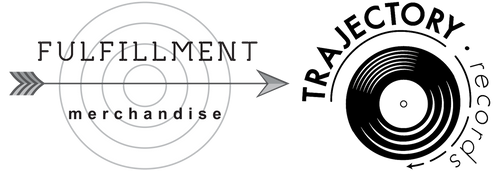Cannonball Adderley
When 26‐year‐old Cannonball Adderley visited New York from Florida in July, 1955, to hear what was happening in jazz, his first stop was a Greenwich Village club, the Cafe Bohemia, where Oscar Pettiford, the bassist, was leading a small group. Mr. Adderley was at that time the band director at Dillard High School in Fort Lauderdale, Fla., and what jazz reputation he had was limited to South Florida and Washington, where he had led a combo while serving in the Army in 1952.
On the night that he went to the Cafe Bohemia, Mr. Pettiford's saxophonist, Jerome Richardson, was late getting to work, and Mr. Adderley was grudgingly granted his request to sit in until Mr. Richardson arrived. But Mr. Pettiford was not one to suffer amateurs lightly, and, in an obvious effort to send Mr. Adderley off the bandstand in embarrassment, he led the band into “I'll Remember April” at a furious tempo.
But Mr. Adderley sailed through a long solo on alto saxophone with such facility that he literally became a star overnight. The next day he was the talk of the New York jazz world. Within a week he had been signed to an exclusive recording contract by Emarcy Records, and in less than a month after his casual arrival here he had recorded his first album (with a band that included Jerome Richardson on tenor saxophone).
He was named Julian Edwin Adderley when he was born in Tampa on Sept. 15, 1928, but he was still quite young when his voracious eating habits prompted the nickname “Cannibal,” which was soon slurred into “Cannonball.” His father, a one-time cornetist who had given up music to become speech teacher in a Tallahassee high school, gave Julian and his younger brother, Nat, cornets in the hope that they would have the musical careers that he had given up. Nat Adderley remained a cornetist (and was a member of his brother's quintet from 1959 on), but Cannonball soon switched to alto saxophone, later adding tenor and soprano saxophone and flute. His two basic influences as an alto saxophonist were Charlie Parker, whose style had a particularly strong effect on Mr. Adderley's playing on fast numbers, and Benny Carter, whose purity of tone colored his ballads.
The quintet he formed in 1956 (with Junior Mance on piano, Sam Jones on bass, and Jimmy Cobb on drums, in addition to his brother) lasted little more than a year. When it broke up, Mr. Adderley joined the Miles Davis Sextet, which, during the two years he was with it, included John Coltrane on tenor saxophone and Bill Evans on piano. Until he joined the Davis group, Mr. Adderley once said, he had been “hung up on technique,” but under the influence of Mr. Coltrane and, more particularly Mr. Davis, he felt he acquired more control and a deeper jazz feeling.
“I like a close rapport with my audience,” he once said. “They like it, too. It gives them a closer association with what you have to say musically. That's healthy. Some guys hide behind their horns. I do everything but hide behind mine.... I prefer nightclubs to concert dates because I dig the sound of laughter, the murmur of crowds and that cash register —there's something Freudian about the ringing of a cash, register. I must be some sort of moral incorrigible because I feel that when people pay to hear music, I owe them something. And even if they don't pay, I feel I owe it to myself to blow the best I know how.” - NYT Obituary, 1975








